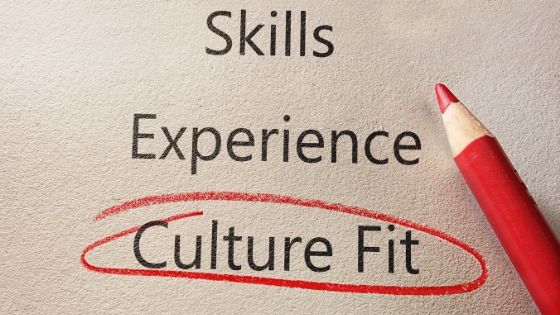Who should you hire: the procurement pro with excellent skills who seems like a poor culture fit, or the person with weaker skills who fits in culturally?
This is a critical consideration when you’re growing your team. It can be tempting to overlook culture fit in favour of skills, so you can be confident your new hire can hit the ground running.
But can you afford to compromise on culture fit?
Sourcing procurement professionals who have the right soft skills, values and work ethic to thrive in the company could be the key to building a high-performance team.
So, should you hire for skills first? Or is culture fit more important?
Let’s weigh up both sides of the debate:
Hire for Culture Fit
Why is it important to align corporate and personal values? Because it will result in happier, more engaged employees, which will contribute to the company’s bottom line.
Take a look at the evidence.
According to a study by Leadership IQ, 46% of newly hired employees will fail within 18 months. Of those who fail, 11% lack the necessary technical skills, while the other 89% have difficulties integrating into the workplace.
The fact is, an employee who fails to fit within your work culture is more likely to leave for a company that is more aligned with their values. This is a costly risk – turnover from a bad culture fit can cost an organisation between 50-60% of the person’s annual salary, according to the Society for Human Resource Management (SHRM).
Another HR buzzword that comes up when we talk about culture fit is engagement.
Author of Employee Engagement For Everyone, Kevin Kruse, defines employee engagement as the emotional commitment of the employee to the organisation and its goals. Engaged employees go the extra mile, work with passion, and feel a profound connection to their company.
Engagement can be an incredibly powerful force. The Workplace Research Foundation found that highly engaged employees are 38% more likely to have above-average productivity. Also, organisations with engaged employees are proven to outperform those without by 202%.
Finally, remember that skills can be taught – attitude cannot.
This is compelling evidence for the culture fit argument.
However, it’s only one side of the debate.
Hire for Skills
What if the candidate is head and shoulders above the rest in terms of skills? Should you still
make a hiring decision based on cultural fit alone?
There are drawbacks to this approach.
Focusing on culture fit can result in a team of people who think and act the same. The goal should always be to create a well-rounded team with different strengths.
Also, if you focus entirely on culture fit, you could be at risk of having a skills shortage in your team. This means more training, which takes time and resources.
Our Verdict
The fact is, in fast-paced, agile work environments, soft skills, work ethic and personal values are everything. Specific skills can be taught – and self-motivated, driven team members will always seek out new opportunities to learn.
In reality, the best approach may be to strike a balance of talent and attitude. Stop focusing on whether candidates are likely to conform to your company’s culture. Instead, find out whether they are likely to succeed alongside other team members and can positively support your organisation’s values.
Got a skills gap in your team you need to close fast? Check out our short online courses here – https://bit.ly/2TUsvyY






